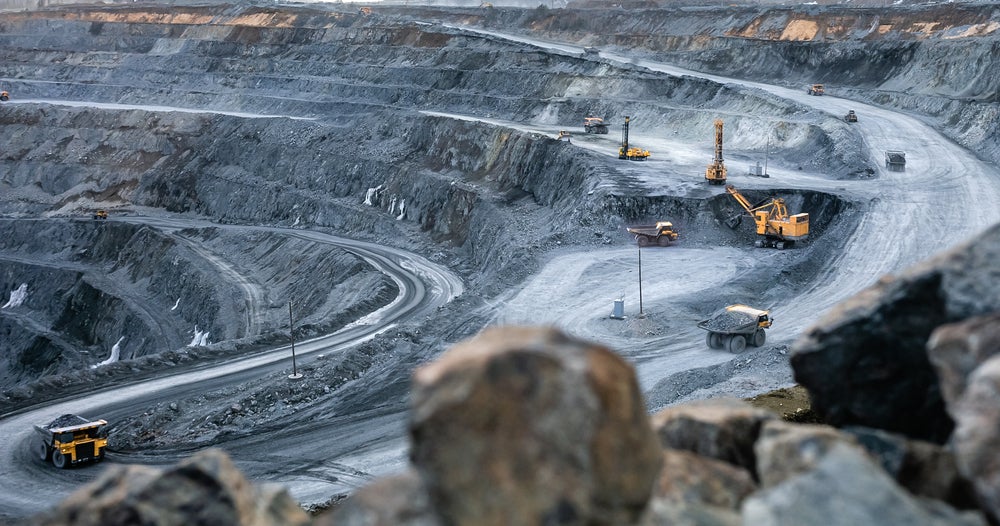
Russia’s invasion and continued occupation of Ukraine could disrupt efforts to transition the world to a low-carbon economy due to the significance of both countries in terms of critical minerals, suggests new analysis from Energy Monitor’s parent company GlobalData.
The supply of minerals critical to the manufacture of green energy technologies – such as wind turbines, electric vehicle motors and other electronic devices – is key to countries lowering greenhouse gas emissions and achieving net-zero targets.
However, the Russia-Ukraine war has diverted interest from untapped reserves in these countries that could be used to mitigate forecast shortages.
Russia has the fourth-largest reserves in the world and, prior to its invasion of Ukraine in February 2022, was seeking to become the second-largest rare earth element producer after China. These plans appear to have been frozen, though, while the country remains entangled in a war that has lasted longer and been more costly than it expected.
Preliminary estimates from Ukrainian researchers, meanwhile, suggest the country could hold the largest reserves of lithium in Europe at around 500,000 tonnes. Before Russia’s invasion, licences had been issued to explore Ukraine’s reserves of lithium, which among other things is essential for the manufacture of electric vehicle batteries.
As outlined in GlobalData’s new critical minerals report, among the reserves in Ukraine are the Shevchenkivske field in the Donetsk region and the Kruta Balka block in the Zaporizhzhia region, both located close to areas of conflict with Russia.
“Ukraine’s untapped lithium assets could be influential in the EU’s ambitions to secure diverse mineral supply chains to accelerate its domestic technology and energy transition industries,” says Isabel Al-Dhahir, a senior analyst in GlobalData’s thematic intelligence unit and author of the report.
“However, the breakout of war saw companies halt their plans for exploring reserves in affected areas, with supply issues exacerbated by the prevalence of certain minerals only in some areas of the world.”
One notable example of this was the collapse of the 2021 agreement by Australian company European Lithium to buy Petro Consulting from the Polish-Ukrainian investment company Millstone.
In the meantime, demand for critical minerals is accelerating, highlighting the need for new reserves to be tapped.
“The speed at which demand for energy transition technologies is rising is putting a lot of pressure on the availability of raw materials and key minerals,” notes Barbara Monterrubio, a managing analyst for energy at GlobalData. “This could lead to a supply shortage and increasing costs for available minerals. Further batteries developments and the use of new materials across power generation technologies, such as solar and wind, could [help] alleviate mineral shortages.”
Editor’s note: GlobalData’s Critical Minerals webinar on Thursday, 20 July, at 12pm (BST)/7am (EST) will discuss the various supply-side constraints impacting critical minerals, including shortages, mineral monopolisation and geopolitics.



